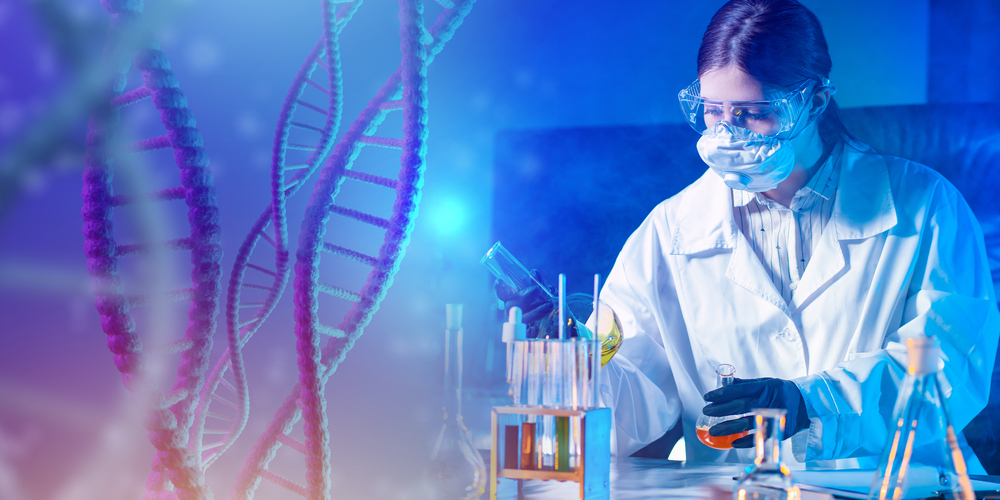Clinical geneticists are medical professionals concerned with the identification and treatment of conditions that have a genetic foundation, such as birth defects. This is a specialist branch of medicine that requires individuals with strong person skills. This is due to work activities not merely involving the undertaking of typical medical tasks but also the need to help patients through the difficult time that follows discovering they have a genetic defect. This would be done through patient counselling. Clinical geneticists would work as part of a sub-specialist medical department.

Clinical geneticists would deal mainly with outpatients, though they may also work with patients on the ward. It would not only be the patient who is given help by a clinical geneticist but also their family, as such conditions can have a devastating affect upon those close to them. A clinical geneticist would need to use investigative techniques to ascertain whether a condition is caused by a genetic defect, and then ensure that support and treatment is offered.
Work activities
Typical work activities a clinical geneticist would need to carry out include:
- Genetic disorders a specialist would need to deal with include familial cancers, birth defects and chromosomal abnormalities.
- A clinical geneticist would offer a network of support to the patient and any family members in need of assistance.
- Use investigative medical techniques to find what condition the patient may have and whether it is of a genetic basis.
- Patients with genetic disorders may also be identified through practices like pregnancy screening.
- Use your extensive knowledge of medicine and the genetic map to diagnose, treat and care for patients.
- Interpret and communicate test results to patients and family members in a simplified manner.
- Work as part of a medical team and also as an individual.
- Work in hospitals and clinical settings.
Essential skills
- Excellent communication skills.
- A caring an affectionate manner when dealing with patients who have genetic conditions.
- Organised and professional approach.
- Broad knowledge of medicine and the genetic map.
- Desire to learn of any new treatments for patients and medical theories.
- Critical analysis.
- Attention to detail when distinguishing between different genetic conditions.
- Ability to work as part of a team and as an individual.
- Able to teach other newcomers to the speciality and pass on words of wisdom.
- Good competency levels with computers.

